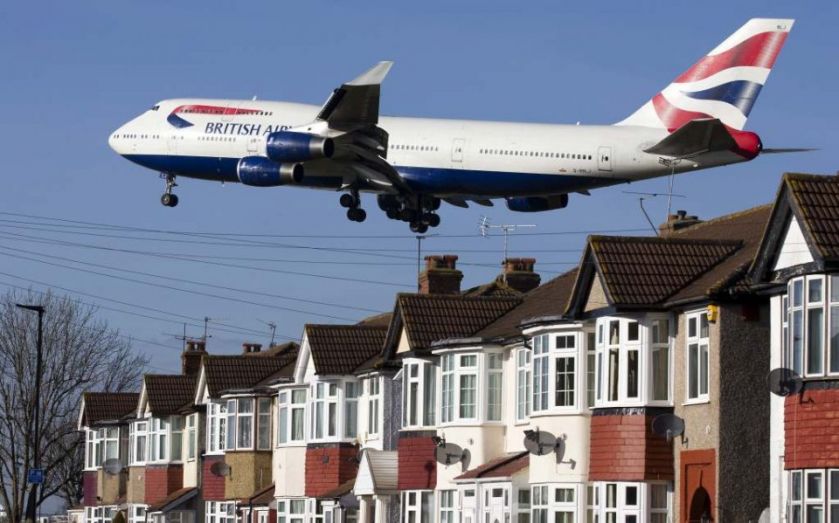Airport expansion is now too urgent for the government to delay further

According to recent media reports, the decision to build a new runway could face further delay. It seems the government may not respond to the Airports Commission’s imminent report until the end of this year, or possibly early next year. This is slow: the Airports Commission it helped establish has already spent the best part of three years examining the issue, and concluded over 18 months ago that London needs one new runway by 2030. The time has surely come for the political procrastination to stop and for the green light to be given.
The need for new runways is obvious and a decision to expand should have been taken years ago. Heathrow – our only international hub airport – has been full for 10 years, while Gatwick, our second busiest airport, is already full at peak times and will reach its capacity limits by 2020. All of London’s other airports will be full by the end of the next decade unless we have a decision to build a new runway in the coming year.
Given the urgency of the situation, building a new runway should be the number one infrastructure priority of the new government. Once the Airports Commission makes its final recommendation in the coming weeks, the transport secretary should give an immediate in-principle agreement to airport expansion. Whitehall has known for years the timetable for the Airports Commission process, and so has had plenty of time to do the necessary planning and preparations for such a decision. There can surely be no more excuses for further dither and delay.
In a country whose trade gap recently reached a four-year high, it’s worth reminding ourselves of the economic prize on offer. The London business community cares about this issue because this debate isn’t just about planes and runways, it’s about securing future jobs and economic growth. We trade up to 20 times more with countries with which we have a direct air link and 40 per cent of our exports by value go by air. Airports Commission analysis shows Heathrow expansion could deliver up to £214bn in economic benefit and Gatwick expansion £127bn. All the options for expansion could deliver a jobs bonanza across a range of sectors – construction, airports, airlines, retail, professional services, tourism and freight, to name but a few.
Opponents of airport expansion complain about increased noise and cite concerns over climate change. Yet thanks to major improvements in aircraft technology, the latest generation of planes such as the A380 and the Dreamliner are around 33 per cent quieter than the older planes they replace, and around a third more fuel efficient, with further improvements expected well into the future. As a result, even with airport expansion, the noise footprints of both Heathrow and Gatwick are forecast to shrink. Meanwhile, the independent Committee on Climate Change, a public body, has concluded that a 60 per cent growth in flights to 2050 compared to 2005 levels is compatible with the UK’s overall carbon reduction targets.
Those with concerns about the environment must also surely recognise that there are environmental consequences of highly congested airports. Stacking planes over London because there’s no room for them to land is not an efficient use of fuel. Neither is leaving them taxiing on the runway queuing for take-off. In fact, an aircraft taxiing on the runway for 40 minutes burns as much fuel as it would take to propel the plane the distance from London to New York once it’s in the air.
Yet even if the government fast-tracks a decision to build a new runway, it will realistically be 10 years before it opens. Britain’s complex planning system means there will be around five years of legal wrangling and bureaucracy, followed by the five years it takes to build.
Given these timings, strong action must also be taken to ensure we fully utilise spare capacity at other London airports in the intervening years so that the capital remains open for business. In this context, it’s mind-boggling that the mayor of London recently blocked City Airport’s modest modernisation plans, which would have allowed it to make full use of its existing flight cap. This decision will simply put even more pressure on the rest of London’s airport system. The government should also get on and swiftly upgrade the rail link to Stansted so that it’s transformed into a truly “express” service.
What we urgently need is for our political leaders to prioritise the long-term national interest over short-term political needs. Once the Airports Commission publishes its final report, the government must respond in a swift and positive manner and then get on with it. Kicking the can down the road for another year is no longer an option.